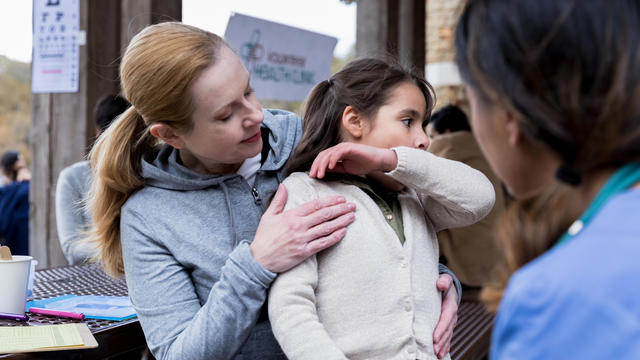
U.S. sets Thanksgiving record for whooping cough cases
At least 364 pertussis cases were reported, marking the worst Thanksgiving week on record.
Watch CBS News
Alexander Tin is a digital reporter for CBS News based in the Washington, D.C. bureau. He covers federal public health agencies, including the response to infectious disease outbreaks like COVID-19. Previously, he was a campaign reporter for CBS News based out of Las Vegas, where he was raised. He covered presidential, Senate and House candidates for the 2020 election cycle in Arizona, California, Nevada and New Mexico. He has also worked in Washington for "Face the Nation" and in New York for the "CBS Evening News." Tin graduated from Columbia University in 2017 with a bachelor's degree in political science.

At least 364 pertussis cases were reported, marking the worst Thanksgiving week on record.
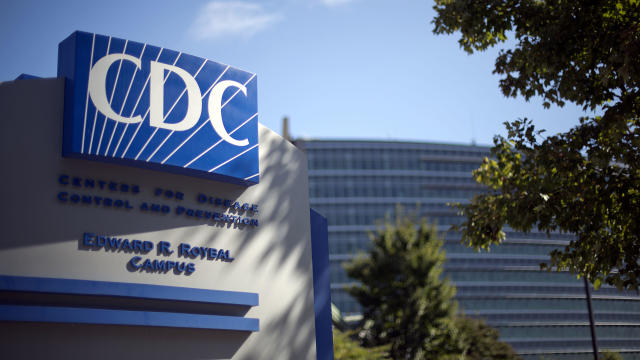
Levels of both the flu and COVID viruses are still low across much of the country, the CDC says.

A federal panel has been meeting for months to draft recommendations.

Kennedy's team is weighing a significant rewrite of the FDA's rules.

The FDA says America's food supply is still "one of the safest in the world," despite some recent high-profile recalls and outbreaks.
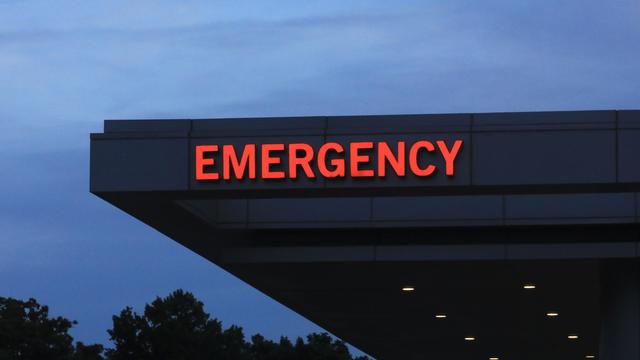
CDC data shows rates of Mycoplasma pneumoniae have surged in babies.

Officials suspect that migratory birds likely spread the H5N1 virus there.

Kennedy insists he is not "anti-vaccine," but he has a long record of false and misleading statements about their safety and benefits. What could he do as Trump's HHS secretary?

Former Vice President Mike Pence said Kennedy "should be deeply concerning to millions of pro-life Americans."

The FDA's Dr. Peter Marks says he hopes to keep his job under a second Trump term, and urges Robert F. Kennedy Jr. to "keep an open mind."
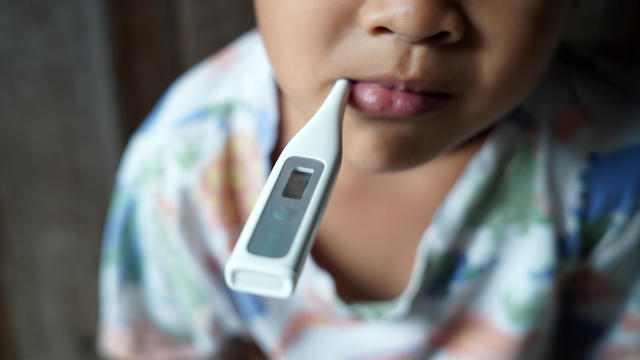
Federal and state health officials tell CBS News they are tracking an increase of infections with the illness known as "walking pneumonia" or "white lung pneumonia" among young kids.

Kennedy has a long record of criticizing vaccines, including spreading misleading claims about their safety.
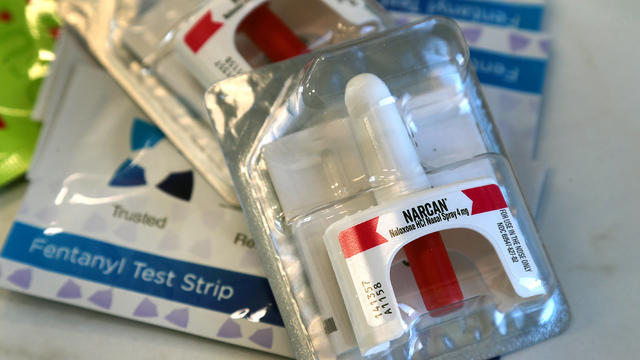
Overdose deaths have slowed 18% since a peak last year, the CDC estimates.

Nearly 4 in 10 seniors have gotten vaccinated for COVID so far this year.

Robert F. Kennedy Jr. has vowed to combat "the chronic disease epidemic in this country" in the Trump administration, with the slogan "Make America Healthy Aagain."